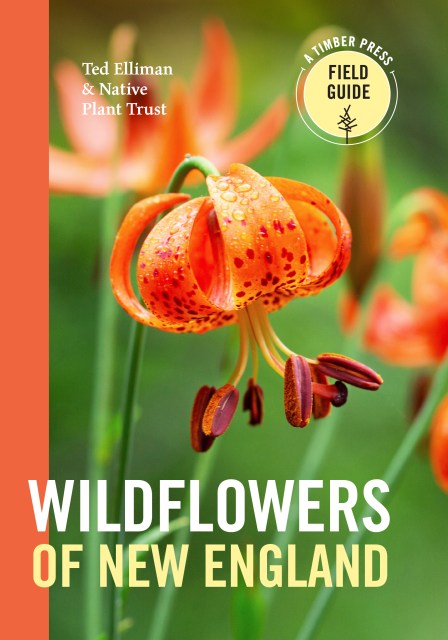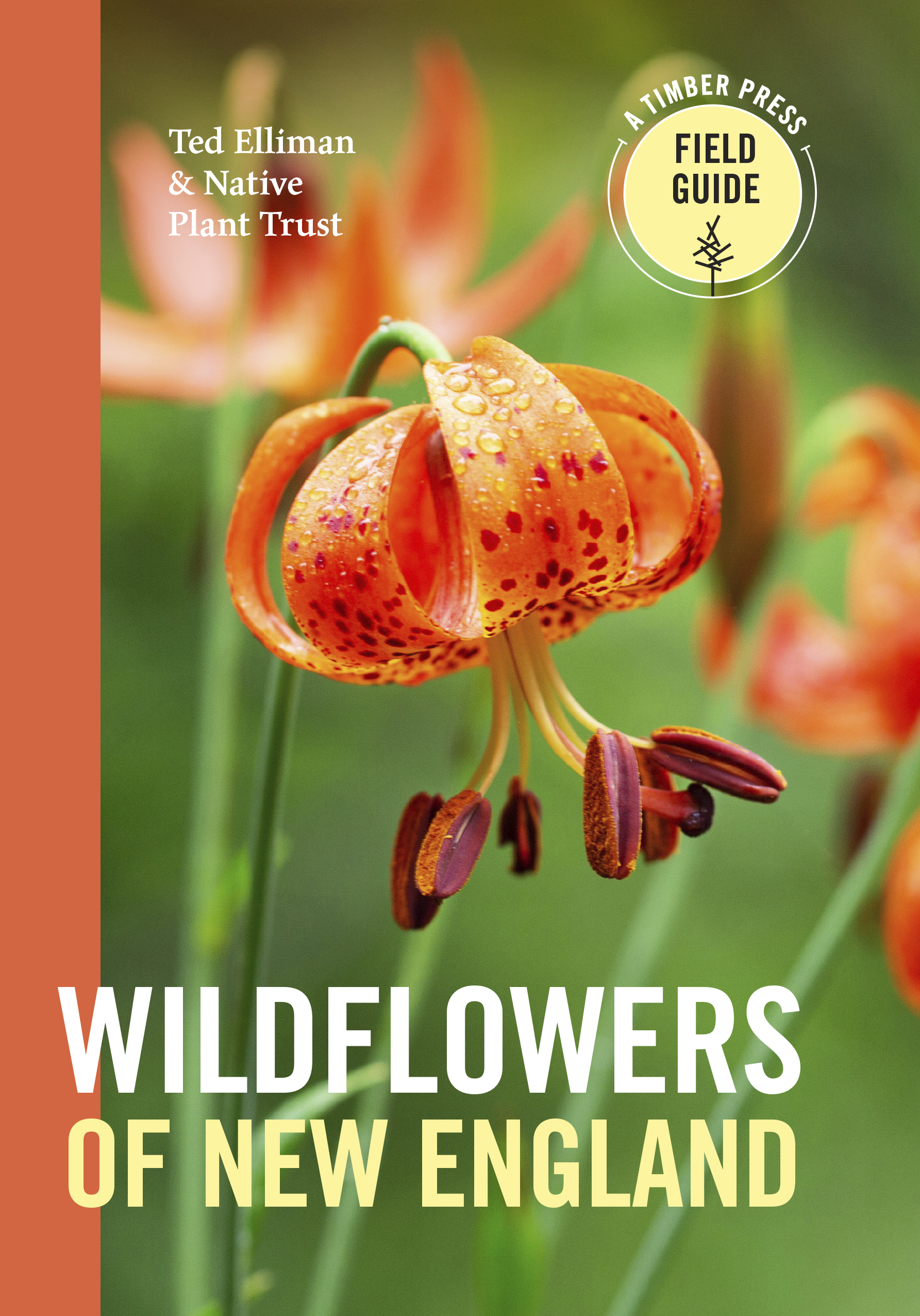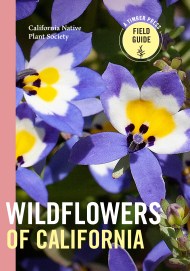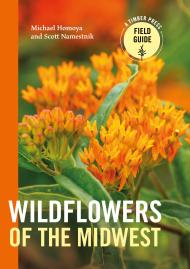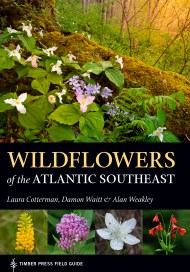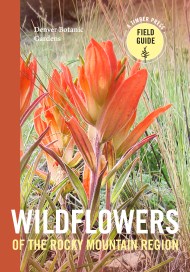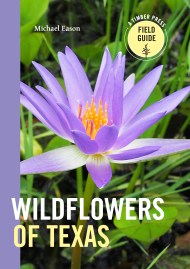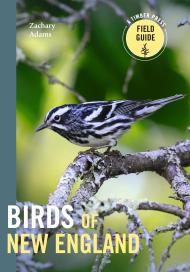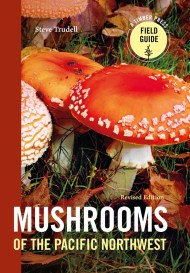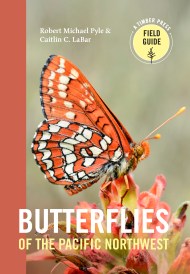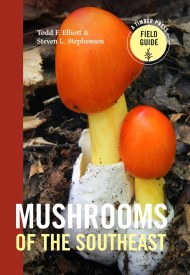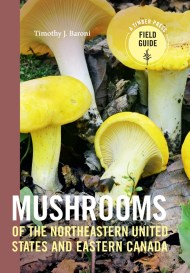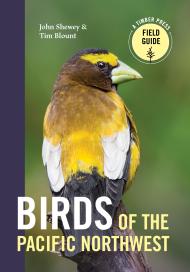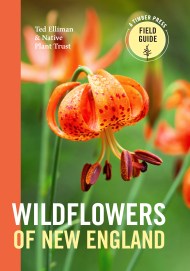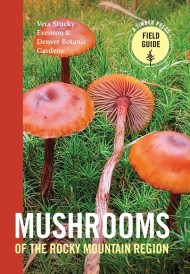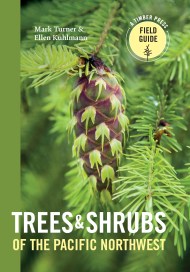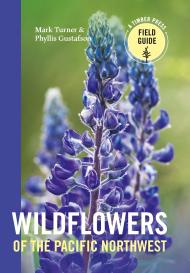
Wildflowers of New England
Contributors
By Ted Elliman
Formats and Prices
Price
$14.99Price
$19.99 CADFormat
Format:
- ebook $14.99 $19.99 CAD
- Trade Paperback $29.95 $37.95 CAD
Also available from:
Wildflowers of New England is a comprehensive field guide for anyone wishing to learn about the amazingly diverse wildflowers of the region. Organized by flower color and shape, and including a range map for each flower described, the guide is as user-friendly as it is informative. This must-have book is perfect for hikers, naturalists, and native plant enthusiasts.
- Covers Connecticut, Maine, Massachusetts, New Hampshire, Rhode Island, and Vermont
- Describes and illustrates more than 1,000 commonly encountered species
- Includes perennials and annuals, both native and naturalized non-native
- 1,100 beautiful color photographs
- User-friendly organization by flower color and shape
Genre:
Series:
-
“An excellent field guide. . . . a must-have book for both plant lovers and folks who are curious about the natural landscape of this region.” —Coastal Home
“A functional field guide that promises to be useful to both professionals and amateurs interested in New England flora.” —Choice
“Wildflowers of New England, written by Ted Elliman, a botanist and plant ecologist for the New England Wild Flower Society, and published earlier this year, is a great tool that can enhance your enjoyment of the outdoors. . . . Elliman describes the plants in clear, concise language. Like his prose, the photographs offer clear close-ups that aid in identifying plants.” —Portland Press Herald
“Chances are, any plant you come across in the region you’ll be able to find in Elliman’s 448-page guide.” —The Providence Journal
“This book not only has beautiful and helpful images—the introduction is a veritable course in botany. . . . Wildflowers of New England is a substantial little book, in many ways, but the heavy, shiny cover, complete with ruler marking, is tough enough to take on hikes for frequent onsite referrals.” —The Recorder
- On Sale
- May 11, 2016
- Page Count
- 448 pages
- Publisher
- Timber Press
- ISBN-13
- 9781604697407
Newsletter Signup
By clicking ‘Sign Up,’ I acknowledge that I have read and agree to Hachette Book Group’s Privacy Policy and Terms of Use
